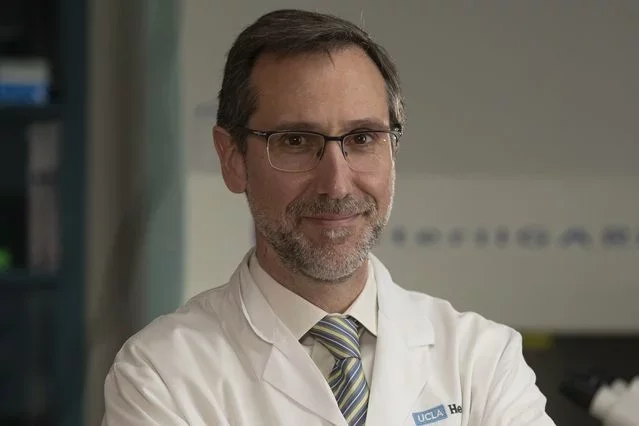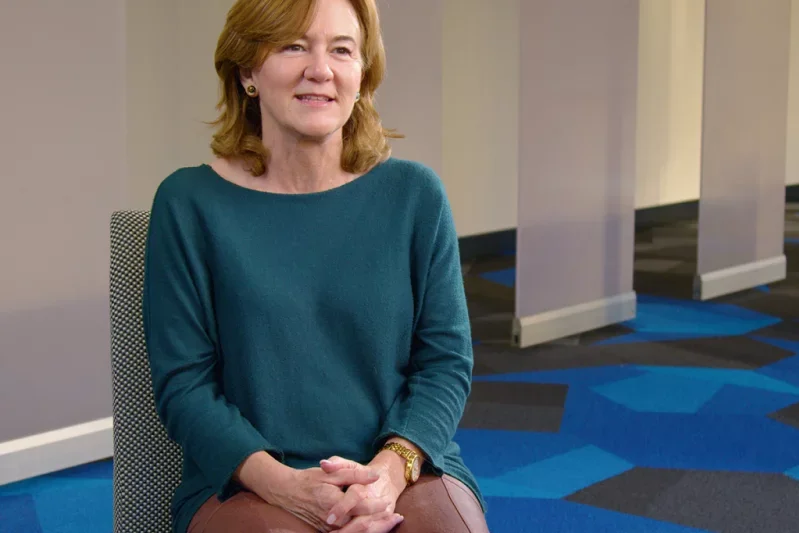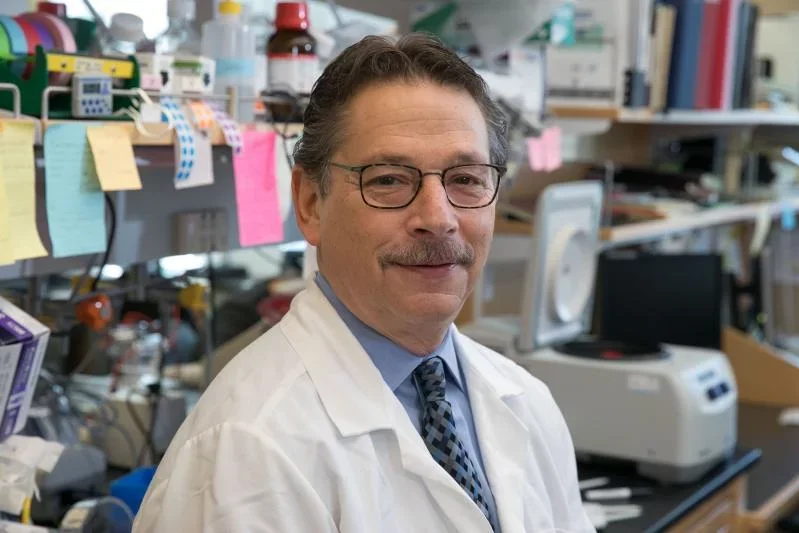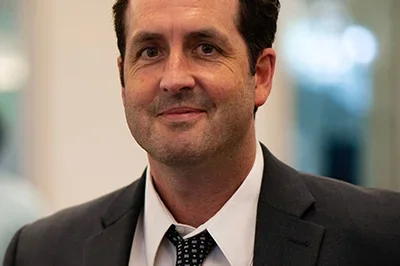Immunology Research
Let's Help The Immune System Prevent Or Cure Nearly Any Disease
Standard blood and urine tests can be useful, but they often reveal little about immune system health. The immune system protects against—and sometimes causes—many human diseases. Chronic, misdirected, or overly active immune responses can harm tissues, reject organs, and prevent fertility. Weak, ineffective, or mistargeted immune responses can allow infection or cancer to flourish.
What if new tests detected the strengths and weaknesses of a person's immune system before a serious illness occurs? By examining immune health on an individualized level and tracking changes in times of sickness and health, we could anticipate problems and pinpoint preventive treatments.
If we could reeducate the immune system after a disease has occurred, then we could turn up immune responses to combat cancer or infection—or turn down immune responses to counteract autoimmunity, enhance fertility, or tolerate organ transplantation.
UCLA Immunology, Inflammation, Infection, and Transplantation (I3T) faculty believe the future of human health begins with the immune system. By solving the mysteries of the immune system in each person and applying that knowledge to optimize immune function, we create a bold new opportunity to prevent, treat, and cure any disease.
Important Contributions
I3T researchers are answering these what-if questions—and turning their answers into new medicine. Their studies and trials have delineated many molecular mechanisms of the human immune system. With every finding, these researchers get closer to a future where immune modulation will benefit all patients.

Antoni Ribas, MD, PhD
Director, Parker Institute for Cancer Immunotherapy Center at UCLA
Director, Tumor Immunology Program, UCLA’s Jonsson Comprehensive Cancer Center
Dr. Antoni Ribas develops groundbreaking cancer immunotherapies, and interventions that mobilize the immune system to fight cancer. His research reveals techniques for blocking the cellular pathways cancer exploits to evade immune-system attack. Dr. Ribas’s discoveries have helped many patients fight cancer when nothing else worked.

Gay Crooks, MD
Director, I3T Research Theme
Professor, Pathology and Laboratory Medicine, Pediatrics and Orthopaedic Surgery, David Geffen School of Medicine at UCLA
Dr. Gay Crooks uses hematopoietic stem cells to bolster and rebuild patients' immune systems. A leading researcher of hematopoietic stem cell behavior, she defines the intricate cellular processes driving human immune-system creation.

Donald Kohn, MD
Director, UCLA Human Gene Medicine Program
Member, Eli and Edythe Broad Center of Regenerative Medicine and Stem Cell Research at UCLA
Dr. Donald Kohn develops techniques to correct genetic mutations that cause certain blood diseases. His gene therapy has cured around 50 babies suffering from adenosine deaminase deficient severe combined immunodeficiency (ADA-SCID), often called bubble baby disease.

Rob Prins, PhD, MS
Professor, Neurosurgery, Molecular and Medical Pharmacology, David Geffen School of Medicine at UCLA
Dr. Rob Prins studies immune-based therapies for the treatment of central nervous system (CNS) tumors. His research group is attempting to apply what they learn from pre-clinical models towards the implementation of immunotherapy clinical trials for brain tumor patients.